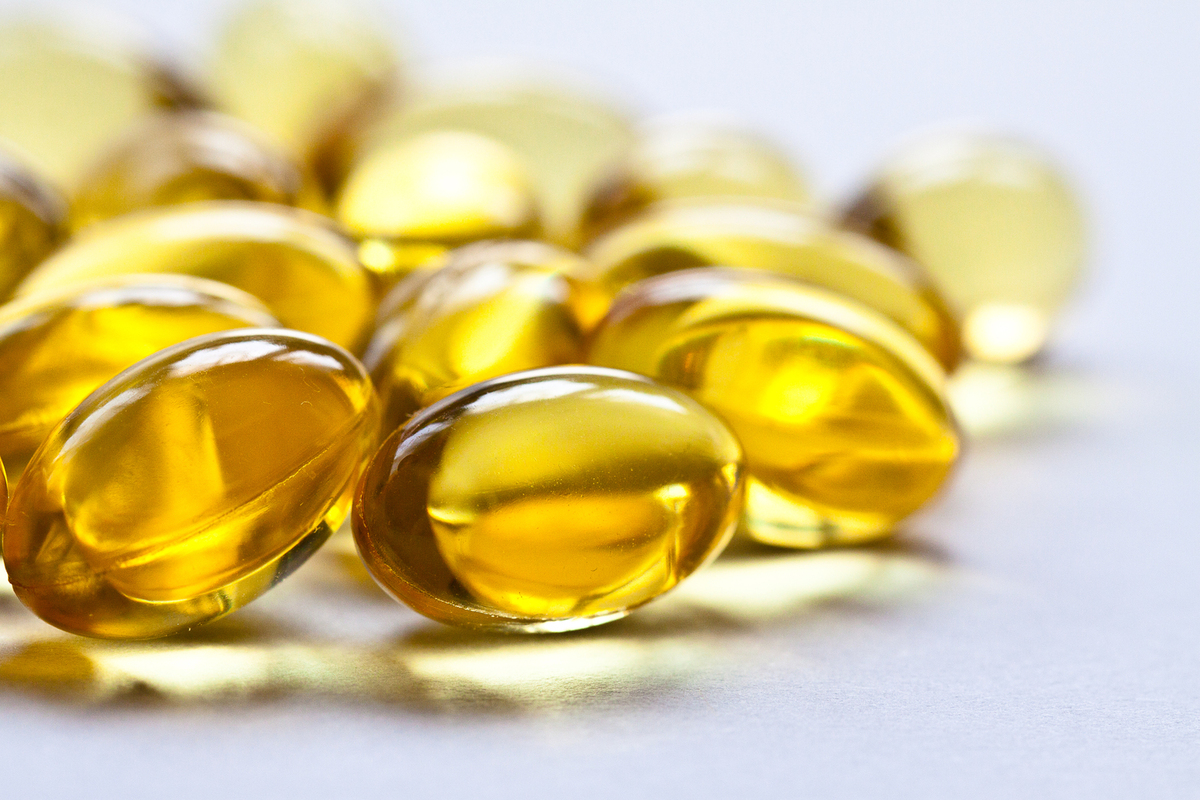Best Vitamins for Your Thyroid: Essential Nutrients for Optimal Health

The thyroid gland plays a crucial role in regulating metabolism, energy levels, and overall well-being. Ensuring that your thyroid functions optimally is essential for maintaining good health. One way to support thyroid health is through proper nutrition, including the intake of specific vitamins and minerals. In this article, we will explore the best vitamins for your thyroid and how they contribute to its proper functioning.
The thyroid gland, located in the neck, produces hormones that regulate various bodily functions. When the thyroid is not functioning correctly, it can lead to conditions such as hypothyroidism or hyperthyroidism. To support thyroid health, certain vitamins and minerals are particularly beneficial. Here are some of the most important ones:
-
Vitamin D : Vitamin D is essential for overall health, including thyroid function. It helps regulate the immune system and has been linked to a lower risk of autoimmune thyroid diseases. Sun exposure is a natural source of vitamin D, but it can also be obtained through supplements and fortified foods.
-
Vitamin A : Vitamin A is crucial for the production of thyroid hormones. It helps convert inactive thyroid hormone (T4) into its active form (T3). Foods rich in vitamin A include carrots, sweet potatoes, and leafy green vegetables.
-
Vitamin B12 : Vitamin B12 is important for energy production and neurological function. Deficiency in B12 can lead to fatigue and other symptoms associated with thyroid disorders. Sources of vitamin B12 include meat, fish, dairy products, and fortified cereals.
-
Selenium : Selenium is a trace mineral that plays a vital role in thyroid hormone metabolism. It helps protect the thyroid gland from oxidative damage and supports the conversion of T4 to T3. Brazil nuts, seafood, and eggs are excellent sources of selenium.
-
Iodine : Iodine is a key component of thyroid hormones. Without adequate iodine, the thyroid cannot produce sufficient hormones, leading to hypothyroidism. Iodine can be found in iodized salt, seafood, and dairy products.
-
Zinc : Zinc is necessary for the synthesis of thyroid hormones and supports the immune system. A deficiency in zinc can impair thyroid function. Good sources of zinc include meat, shellfish, legumes, and seeds.
-
Iron : Iron is essential for the production of thyroid hormones. An iron deficiency can lead to hypothyroidism. Foods rich in iron include red meat, poultry, beans, and fortified cereals.
-
Magnesium : Magnesium is involved in many biochemical reactions in the body, including those related to thyroid function. It helps regulate the production and release of thyroid hormones. Magnesium-rich foods include nuts, seeds, whole grains, and leafy green vegetables.
Incorporating these vitamins and minerals into your diet can help support thyroid health. However, it is important to consult with a healthcare professional before starting any new supplement regimen, especially if you have an existing thyroid condition.
Maintaining optimal thyroid health is essential for overall well-being. By ensuring that you get adequate amounts of key vitamins and minerals such as vitamin D, vitamin A, vitamin B12, selenium, iodine, zinc, iron, and magnesium, you can support the proper functioning of your thyroid gland. A balanced diet rich in these nutrients, along with regular check-ups with your healthcare provider, can help keep your thyroid in good shape and contribute to your overall health and vitality.



